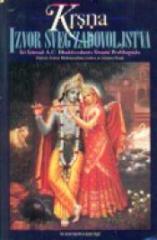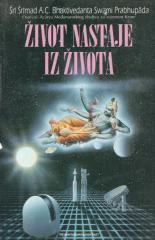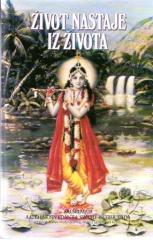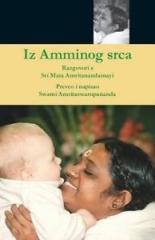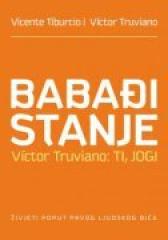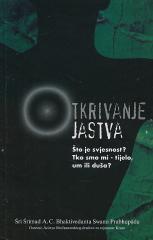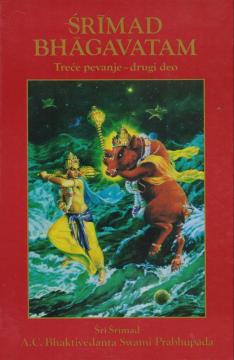
Srimad Bhagavatam: Treće pevanje, drugi deo
Srimad Bhagavatam, one of the most important works of Hindu literature, consists of 12 cantos, with the Third Canto focusing on the creation of the cosmos as well as philosophical discussions of the nature of the soul and the Divine.
The main themes of the third canto: Creation of the Universe: It describes in detail how Lord Vishnu, in his Garbhodakashaji Vishnu form, creates the cosmos from his body and how the material world is created from his energies. This section is deeply connected with Hindu cosmology and explains the process of creation and destruction of the universe through various cycles.
Dialogue between Vidura and Maitreya: Vidura, a sage and worshiper of Krishna, meets the sage Maitreya and asks questions about the nature of the spiritual and material worlds. Maitreya answers questions about the creation, maintenance and destruction of the universe, as well as the roles of the various incarnations of God.
Kapila Muni and Sankhya Philosophy: Kapila Muni, the son of Devahuti and Kardama Muni, imparts to his mother the teachings of Sankhya philosophy, which is one of the six basic schools of philosophy in Hinduism. The teachings include an explanation of the dualism between material (prakriti) and spiritual energy (purusha) and how spiritual evolution enables the liberation of the soul from the cycle of birth and death.
The story of Kardama Muni and Devahuta: Kardama Muni, through many years of meditation and penance, receives the blessing of Lord Vishnu to marry Devahuti. Their son, Kapila, becomes a teacher of spiritual truths. This story focuses on the balance between spiritual and family life, showing how both can be vehicles for spiritual growth.
The third canto is important for its philosophical richness and explains how understanding the nature of the soul, the material world and the Divine can lead to spiritual liberation (moksha).
No copies available
The last copy was sold recently.
